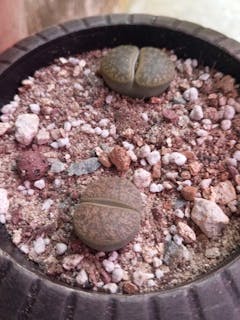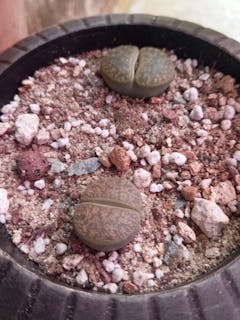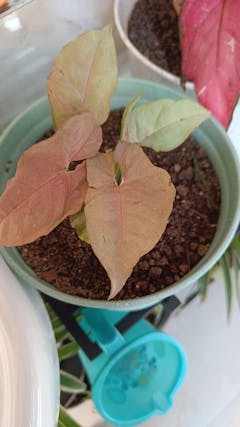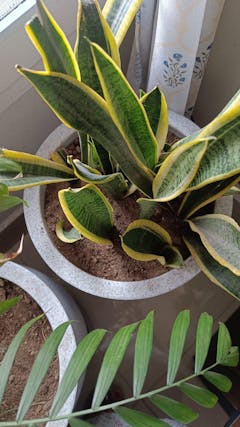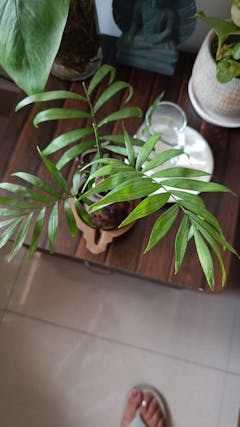Indian Tree of Heaven
Family
Simaroubaceae
Origin
India
Description
Ailanthus Excelsa is also known as 'Indian Tree of Heaven'. It is a large deciduous tree, 18-25 m tall; trunk straight, 60-80 cm in diameter; bark light grey and smooth, becoming grey-brown and rough on large trees, aromatic, slightly bitter.
Leaves alternate, pinnately compound, large, 30-60 cm or more in length; leaflets 8-14 or more pairs, long stalked, ovate or broadly lance shaped from very unequal base, 6-10 cm long, 3-5 cm wide, often curved, long pointed, hairy gland; edges coarsely toothed and often lobed.
Flower clusters droop at leaf bases, shorter than leaves, much branched; flowers many, mostly male and female on different trees, short stalked, greenish-yellow. The bloom comes in Jan to March.
The leaves and bitter bark is employed in folk medicine as a tonic and cure for fever, bronchitis and dyspepsia. The wood is soft and light and is used mainly for packing cases, toys, matchstick industries, fishing floats and for carving.
Environment
Ailanthus Excelsa grows best in partly shade to full sunlight. Survival is poor if the trees are not sufficiently watered during the first and second years of establishment. It is said to be easily broken by wind.
Landscape Uses
Adusa is suitable for raising industrial plantations














